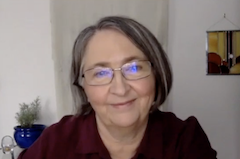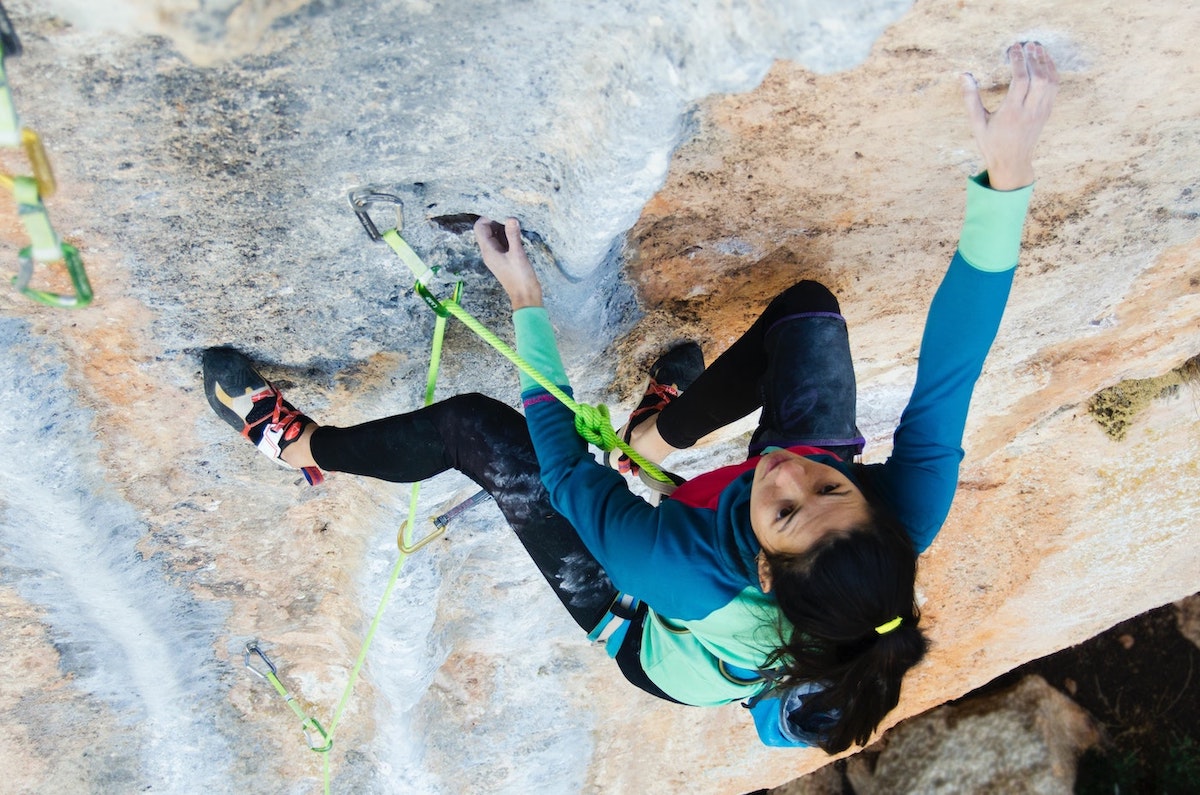Do you find yourself going along with something even when you feel uncomfortable? Compliance is a form of freeze with elements of fawning to someone perceived as more powerful.
Do you automatically reject doing what you are told? Defiance can be a form of the fight response.
Our survival strategies of flight/fight/freeze/fawn are being triggered by the threat of Covid-19.
Peer pressure doesn’t just affect teens. We are susceptible to social shaming and shunning at any age because as humans evolved, our best chance of survival was to stay within the protection of the family and community. With this virus, the risk/safety equation is turned upside down. We are safer physically distanced.
Who do you see as a trustworthy source of facts? We tend to believe what others in our bubble believe, but this time it doesn’t seem as cohesive. Many people are distressed by how friends, neighbors, and extended family are seeing and negotiating the risks during the pandemic.
We feel an urgency to align with others in our bubble. We want to believe the same things. We want to be validated by people we love and respect. It is highly uncomfortable to stand alone when our beliefs differ.
I had my first socially distanced visit with my son and grandchildren last week and was aware of how my feelings about risk were changing during the visit. When we were setting it up, I thought we might as well meet outside and stay 6 feet apart. When I was sitting with them on their back deck, it was more nuanced.
Our nervous system continuously signals the level of threat to us. With my son and family, my experience has been that there is no threat from them. My nervous system, based on past experience, was signalling no risk.
My cognitive mind knows that my daughter-in-law works in intensive care at a hospital. She is exposed to a higher risk than if she was able to isolate at home like the rest of her family. This risk is lessened by her properly using personal protective equipment at work, and her strong commitment to taking measures to not bring it home and expose her family. This all factors into how safe I feel.
One element of peer pressure is that maintaining social distance feels like a judgment on the cleanliness of the other person. I want to feel close to my family. I don’t want them to feel like I don’t trust them because I do. Yet this urge to draw closer to them is a nervous system response not based on facts. It helps to know the difference between our primitive brain response, and a considered risk assessment that includes our higher level cognitive brain.
This pandemic is stripping away delusion and revealing so much about ourselves individually and societally. There is a sweet spot between not letting in any new information and going along blindly with what others think. There is a cost to social distancing that is higher in some cases than the risk of catching the virus.
We are seeing a lot of shaming of people with different beliefs about the virus and risk. I’ve had people assume that my strict adherence to shelter-in-place is because I am terrified and overwhelmed by (unreasonable) fear. Like everyone, I have an elevated level of vigilance in my nervous system but that’s not why I stay home. I have 3 factors that increase my risk and there is no compelling reason for me to go into stores.
What is your window of tolerance for standing your ground and not giving in to peer pressure right now? We want to be open to new information as well as remaining aware and working with the discomfort of being out of sync with others.
People have varying levels of tolerance for fear and isolation. Responses include avoidance through escapist and addictive behaviors. Drinking, drug use and domestic violence are up, as are people engaging in meditation and stabilizing practices. Some families are able to pull together as a team, while that is beyond the capacity of others.
We are more vulnerable to shame right now. Some people react violently against that feeling, bullying or threatening others. Some move into compliance, going along with riskier behaviors to feel included. It is a tough choice – risk getting the virus or risk social exclusion.
Listen to this inquiry practice or consider these questions. With a reverse inquiry, we say what the opposite of what we believe, not as an affirmation, but as a way to reveal our unconscious “no”. Be patient with yourself. It is natural to feel conflicted.
“I can tolerate not being in agreement with friends and family”
“I don’t have a need to explain or defend my decisions”
Our decisions right now are difficult and high-stakes. Know that many people feel as you do and that we can find empathy and respect for people who make different decisions than we do.
We are being called on to grow, be mature, and stand steady during this pandemic. This is an opportunity to work through and let go of old fears. As we strengthen our capacity to tolerate social pressure, we become more free to be who we are and share ourselves with authenticity, kindness and trust.


